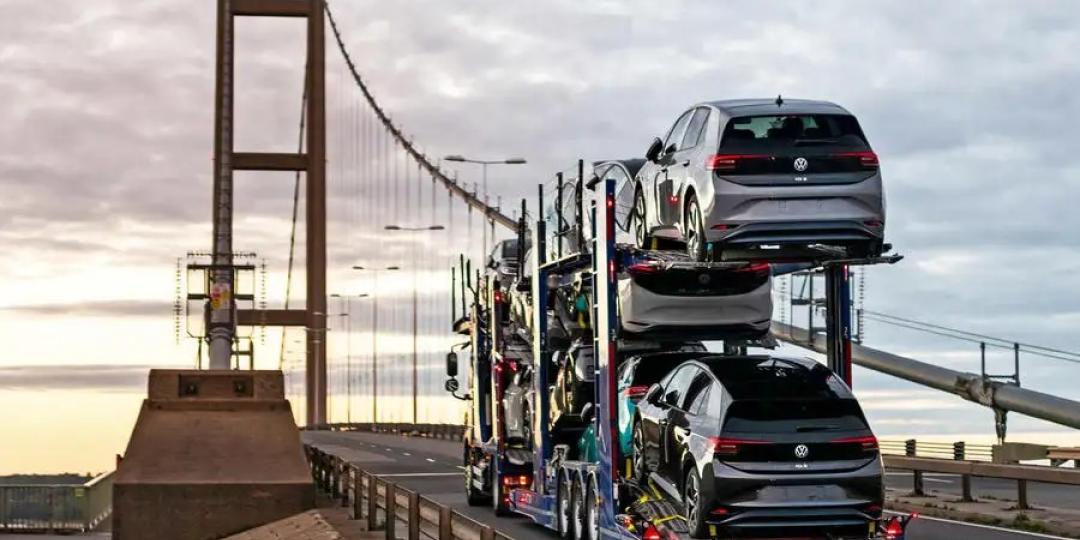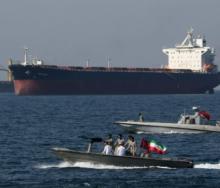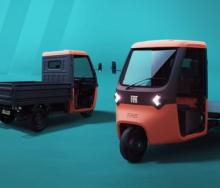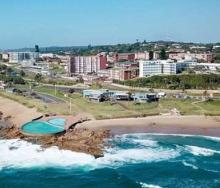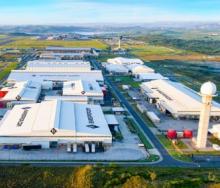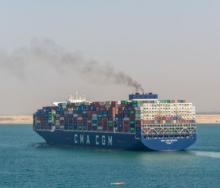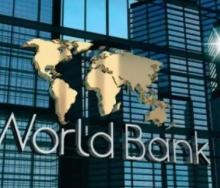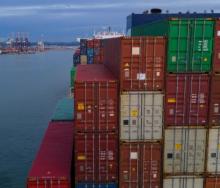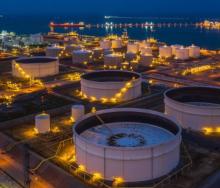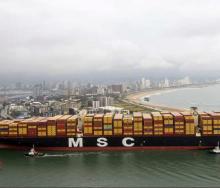To achieve its climate goals submitted at COP26, South Africa may have to ban the sale of new internal combustion (ICE) vehicles by 2035.
That’s according to a report aiming to understand how SA could achieve its revised Nationally Determined Contribution (NDC) to the United Nations Framework Convention on Climate Change (UNFCCC).
The report was published by the National Business Initiative in collaboration with Business Unity SA and Boston Consulting Group.
The revised NDC aims to reduce the country’s carbon emissions by 20 to 33%, amounting to a total carbon emission target of 350 to 420 million tonnes of CO2 by 2030.
According to the report, SA faces the complex challenge of improving transport services and infrastructure while decarbonising in a way that would help the country’s socio-economic challenges and provide more opportunities for enhancement.
Transport makes up 11% of the country’s total emissions, sitting just below electricity generation and mining processes.
Ninety percent of this figure is attributed to road transport, as the report records about eight million passenger vehicles, over 300 000 minibus taxis, 60 000 buses and three million road freight vehicles.
To achieve the county’s NDC goal, the government would have to invest considerable amounts in improving and expanding public transport systems, railway and port services, and infrastructure to better their reliability and efficiency.
The report found that to reduce emissions, 15 to 20% of all road traffic needs to be moved to railways. However, transport by railway for both freight and passengers has dropped due to the dilapidated state of the rail infrastructure in South Africa.
The department of transport reported that this is due to ageing infrastructure, a backlog of investment capital, outdated technology, vandalism, and theft.
The report estimated that an investment of at least R300 billion and a public-private partnership would be required to repair and develop railway infrastructure.
In addition to this investment, the report recommends the development of zero-emission transportation infrastructure, which could cost an additional R4bn.
The report noted that, much like the EU has recommended, SA should ban ICE vehicle sales.
This would be in preparation for a complete ban of ICE vehicles for the transport of passengers and freight by 2035 and the ban of sales of hybrid vehicles by 2040.
However, in order to align with the trends of South Africans, much persuasion is needed to discourage the purchase of hybrid and ICE vehicles while providing incentives to encourage the purchasing of Electric Vehicles (EV), such as green discounts.
Furthermore, South African car manufacturing industries will have to adapt to provide vehicles within these new limitations to the global market.
South Africa exports about 60% of the cars manufactured in the country to European markets that are implementing these bans with urgency.
“Therefore, South Africa needs to establish local battery-electric vehicle (BEV) manufacturing capacity to maintain the local market and sustain and grow the export market, both of which are critical for the operations of automotive manufacturers in South Africa,” said the report.
“While South Africa has leveraged a degree of climate finance from the international community – SA’s R1.5 trillion Just Energy Transition Investment Plan – the scale and depth of the transition envisaged will require additional investments over an extended period.”
*Find the full report at decarbonising-the-south-african-transport-sector.pdf (bcg.com).
